We need your support to continue the project to realize a future without nuclear power
13 years since 3.11
Don’t forget the accident. Demand a future without nuclear power.
Thirteen years have passed since the Tohoku earthquake and tsunami on March 11, 2011, followed by the TEPCO Fukushima Daiichi nuclear power plant accident. The government’s declaration of a nuclear emergency issued on that day has still not been lifted, and many residents who were forced to evacuate are still unable to return home.
Friends of the Earth Japan (FoE Japan) is an international environmental NGO based in Tokyo. We have been working to establish the rights of victims of the Fukushima nuclear accident. We aim to realize a sustainable energy society without nuclear power, while exposing the true costs of nuclear power, and working together with other groups and campaigns to eliminate nuclear power around the country.
We have continued to operate with the support of your donations, but as time passed since the accident and interest has faded, we are running low on funds to continue our activities. We need support to cover operating expenses, production of new videos and materials, communications and public relations. That’s why we decided to go to the people and try crowd funding.
To create a safe and just future without the dangers of nuclear power, it would give us a great to know we have the support of many. Please read on and consider supporting us!
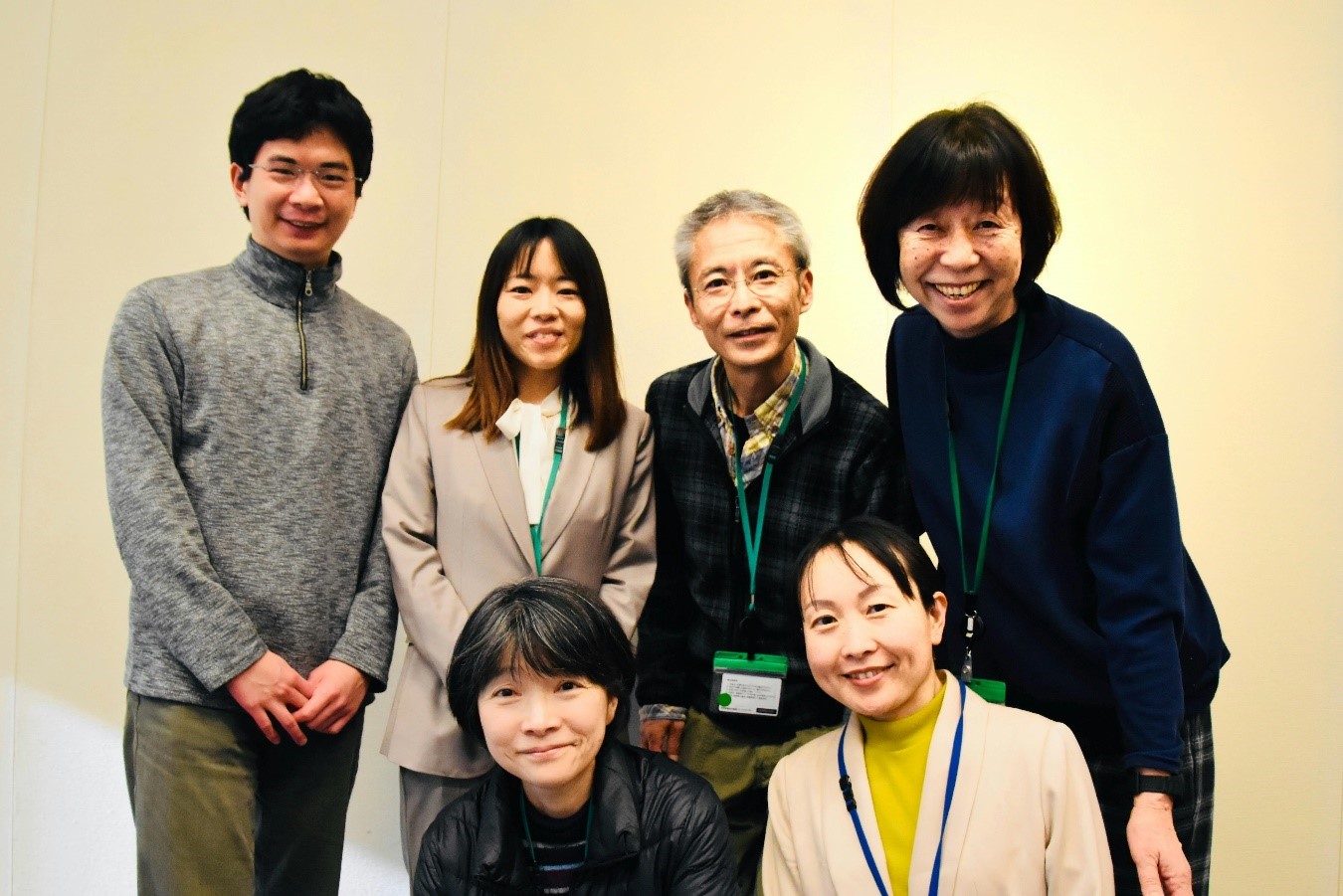
What we do
1. Never forgetting the nuclear accident
In 2020, to mark the start of the tenth year after the nuclear accident, as news reports on the nuclear accidents had been waning, we launched the “Fukushima Mieruka” project to highlight the damage caused by the nuclear accident and share information internationally. (Mieruka means “to make something visible.”) We created a special website to share video interviews of evacuees, returnees, and people who continued to live in the area, as well as data on energy policies, and damage caused by the accident. We have also been publishing an annual pamphlet, “Fukushima Today and Japan’s Energy Future," which summarizes the situation surrounding nuclear power in an easy-to-understand manner. We’ve also held international symposiums on these topics.
2. Protecting the rights of nuclear accident victims
The Fukushima Poka Project, which we launched in 2012, has been providing a place for rest, recuperation and recreation, especially for children, with temporary stays in accommodations that let them get away from concerns about radioactive contamination. So far, 5,200 parents and children from Fukushima have participated. In addition, we hold international exchanges for Fukushima youth, create forums where mothers can talk about their experience of the nuclear accident, hold events for parents and children to think about the nuclear accident, and hold study tours to Minamata (site of industrial mercury pollution) and Nagasaki (one of two cities struck by a nuclear bomb). Through all of these we are create opportunities for participants to think about the importance of continuing to talk about past experiences of pollution and the atomic bomb.
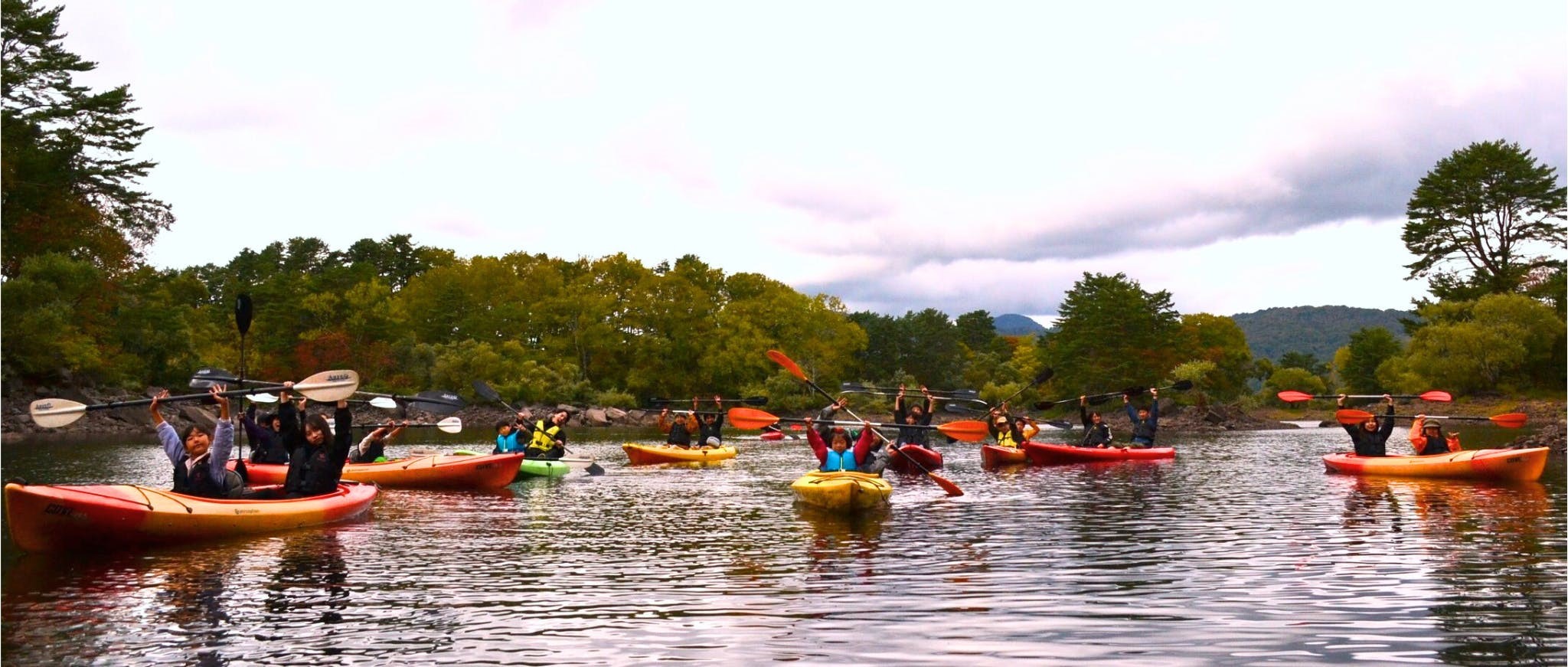
Since immediately after the Fukushima nuclear plant accident, FoE Japan, together with the citizens of Fukushima, has been engaged in a campaign to protect the rights of victims. Some of the demands we made through the following activities have been fulfilled, but much, much more is still needed. Many issues remain unresolved. They cannot be ignored. They still need attention and action.
– Campaign to oppose Japan setting radiation exposure limit at 20 times international standards (2011)
We campaigned to have Japan withdraw its decision to set 20 millisieverts as the limit for the use of school facilities and evacuation zones, even though the international recommendations were for a limit of 1 millisievert in public places.
– Request for compensation for residents and evacuees living outside the government-mandated evacuation areas (2011)
We requested Residents and evacuees living outside the evacuation areas designated by the government were in economically and socially cornered situations with no hope of receiving compensation.
– “Activities calling for implementation of Act on Supporting Children and Disaster Victims” (2012)
This law stated that appropriate support would be provided by the government so that residents can choose to live, evacuate, or return, taking into account that the effects of radioactivity had not been scientifically elucidated. We formed a network of concerned parties and supporters and lobbied the government to ensure that the legislation was fully implemented.
– Campaign against the termination of housing support for evacuees from outside the evacuation area (2017)
Efforts included informing the central and local governments about the situation facing evacuees, and opposing the cancellation of housing support for evacuees, and establishing a consultation desk for evacuees in need.
3. Campaigning to cancel government policies to restart nuclear reactors
After the Fukushima nuclear accident, Japan’s energy policy was to “reduce dependence on nuclear power as much as possible." However, the Basic Policy for Green Transformation (GX), approved by the Cabinet in 2023, and the GX Decarbonized Power Supply Act (bundled of amendments to five laws, including the Basic Act on Nuclear Power), enacted by the Diet, have drastically changed the policy.
Under the pretext of promoting decarbonization, the government adopted a policy of returning to nuclear power, allowing the operation of old nuclear power plants despite their high risk of accidents, and allowing new, expanded, and rebuilt nuclear power plants to operate.
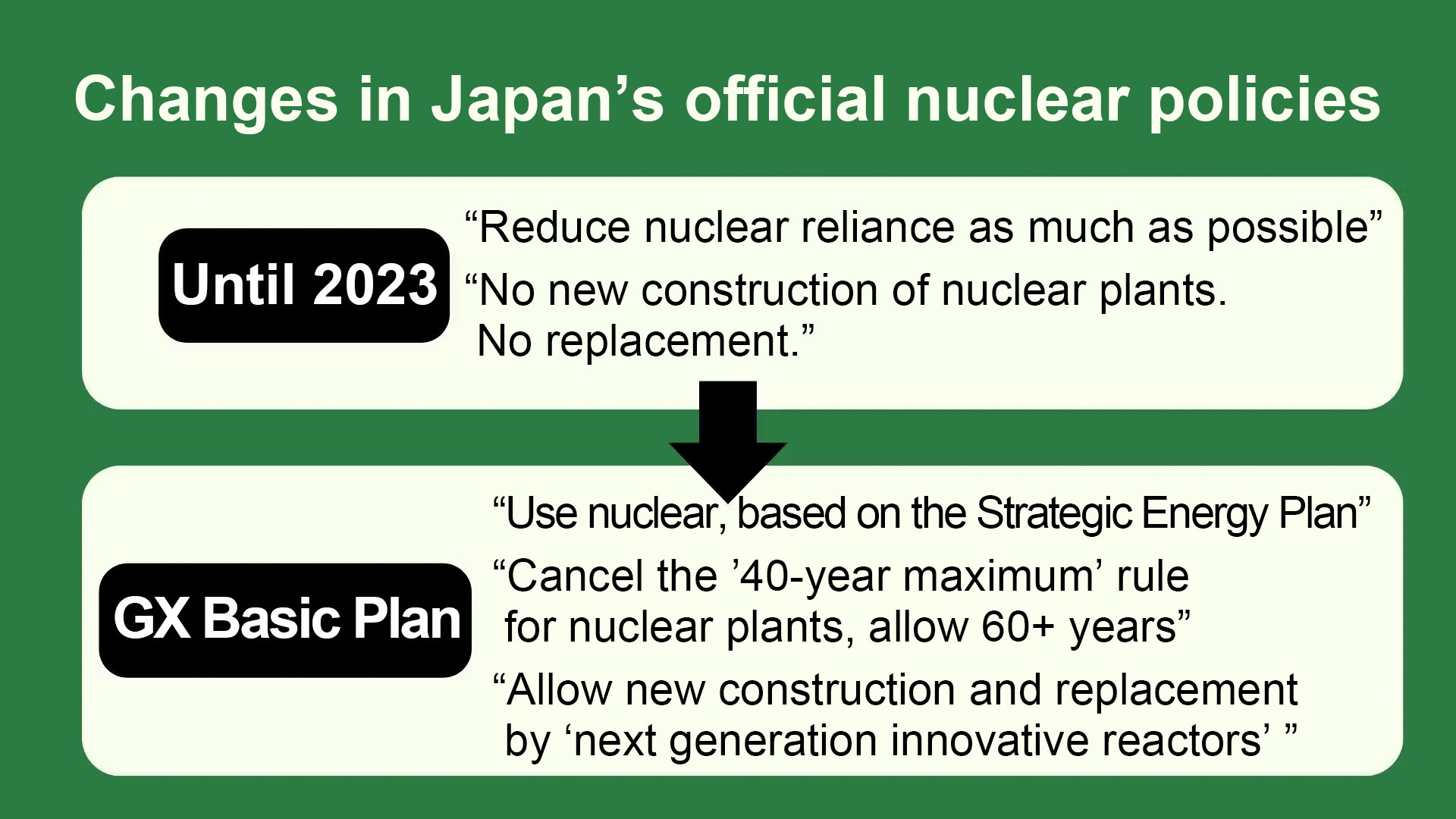
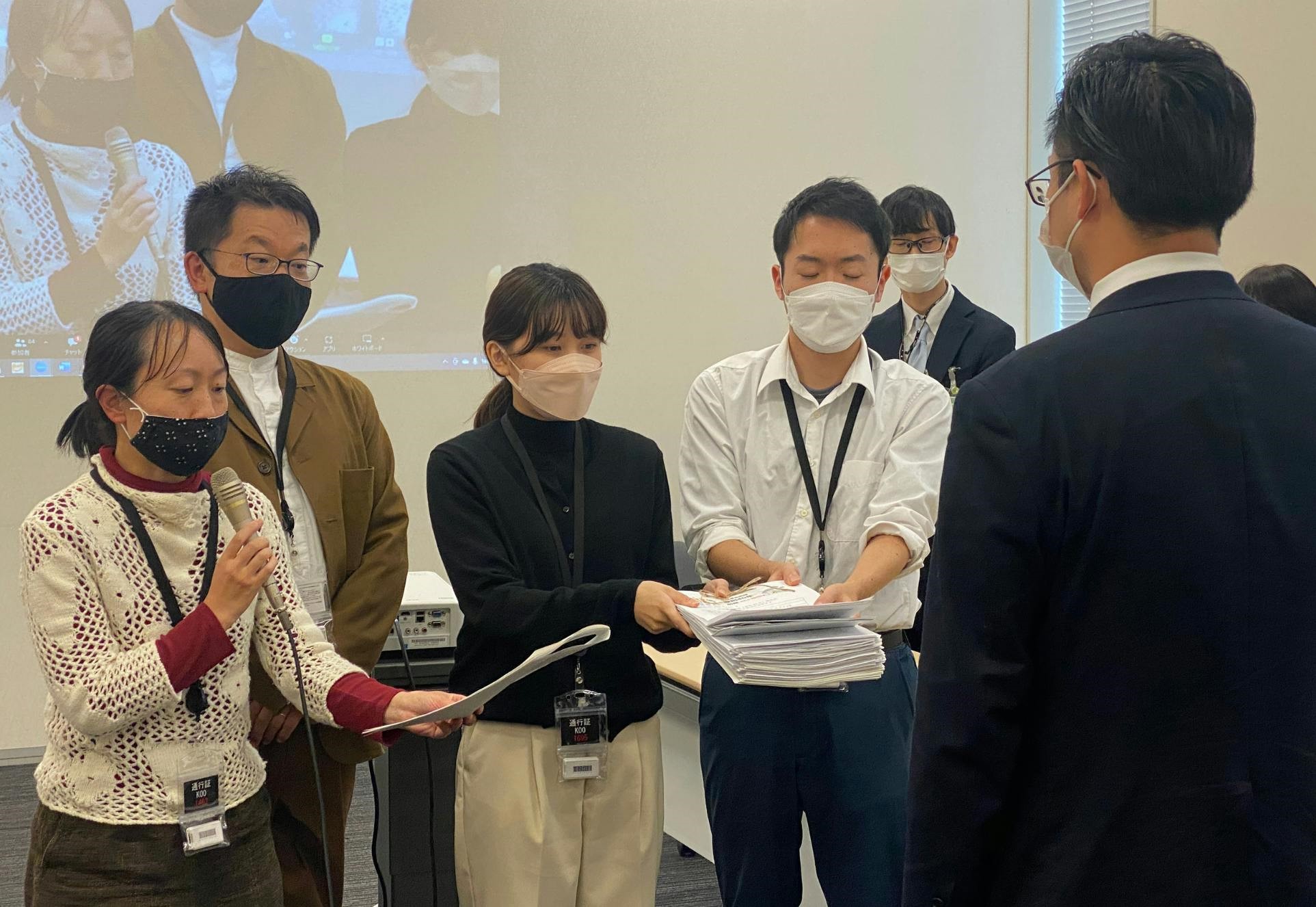
We at FoE Japan have strongly protested changes in policy. Our message has been, “If you ignore the lessons of the Fukushima accident, you sow the seeds of future hardships." We have also pointed out the following problems and called for the withdrawal of the government’s policy to return to nuclear power.
Why do we need a society without nuclear power?
1. Nuclear power is expensive!
Over the past decade, the global energy landscape has changed dramatically. While the amount of electricity generated by renewable energy is increasing and the cost is decreasing, the price of nuclear power continues to rise. Nuclear power is the most expensive source of electricity today. If you add in the skyrocketing costs of construction and safety measures, nuclear power makes no sense economically. A nuclear power plant costs more than a trillion yen (US$6-7 billion) to build today, and safety measures and maintenance costs are also high. In Japan, too, a huge amount of money is being spent on additional measures to restart old nuclear reactors. For example, at the Kashiwazaki-Kariwa Nuclear Power Plant in Niigata, the cost of restarting the plant has reached 1.17 trillion yen (nearly US$8 billion).
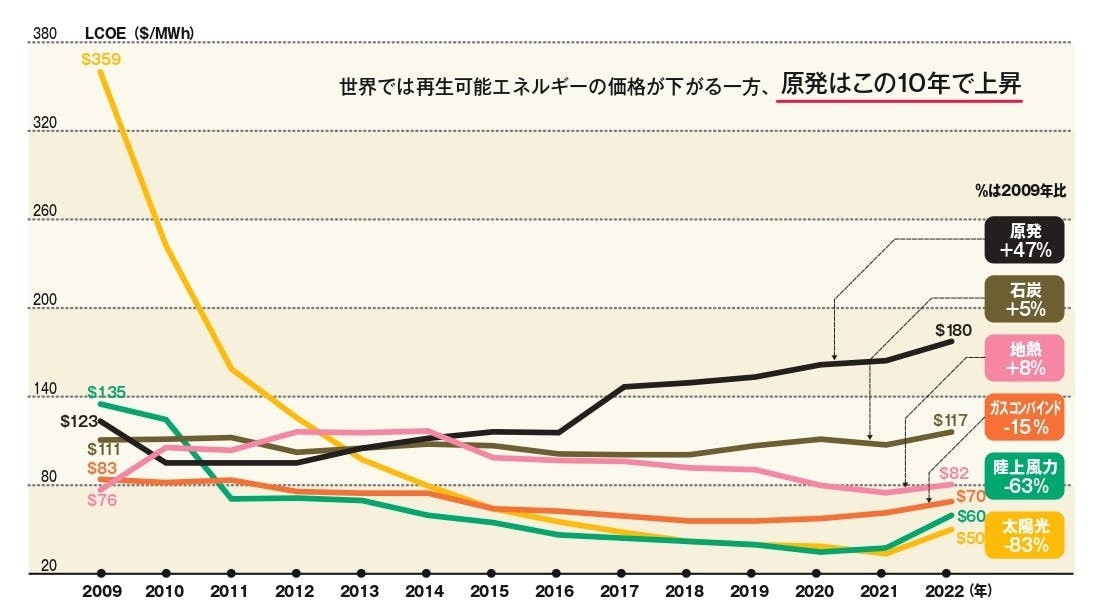
2. Nuclear power is no solution to climate change!
Under the GX Basic Policy, the government has approved the construction, expansion, and rebuilding of so-called next-generation innovative nuclear reactors. However, the construction period for nuclear power plants is getting longer globally, averaging more than nine years. It will also be very difficult to actually commercialize the next-generation innovative reactors that the government is planning to introduce.
Even worse, there are fears that the allocation of limited budgets and resources to nuclear power will delay progress in energy efficiency and local/decentralized forms of renewable energy. Those are the things that governments should actually be promoting!
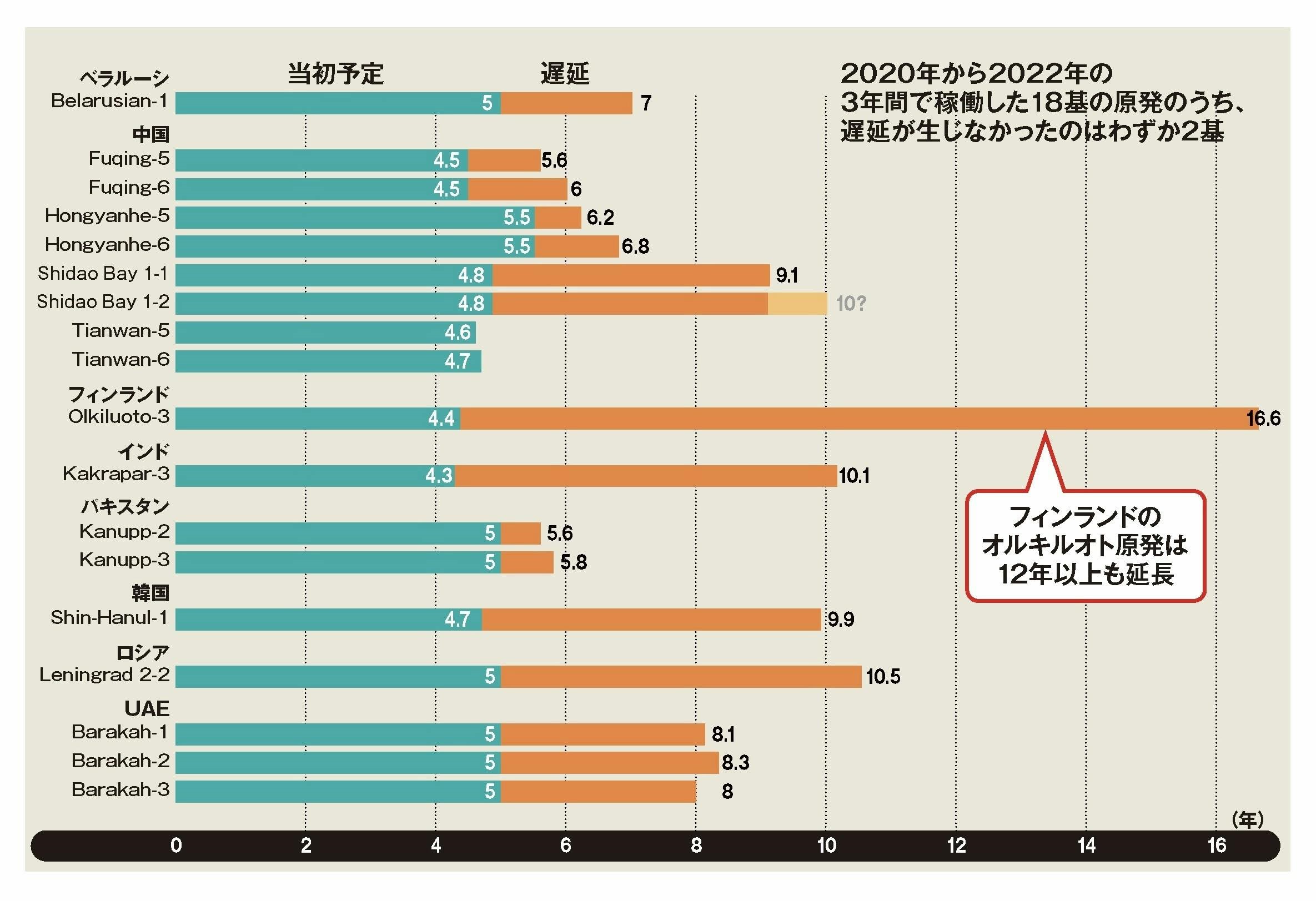
3. Nuclear power is not a reliable source of electricity
After the accident, all nuclear power plants in Japan were temporarily shut down. Eastern Japan has already been running on “zero nuclear power" for more than 10 years. Even in places where nuclear plants that have been restarted in Japan, operations have often been halted again due to malfunctions and court decisions. In France, the United States, and Scandinavian countries, record-breaking hot weather has raised the temperatures of water bodies, so nuclear reactors had no water intake to cool down. Even nuclear power plants are vulnerable to the impacts of climate change.
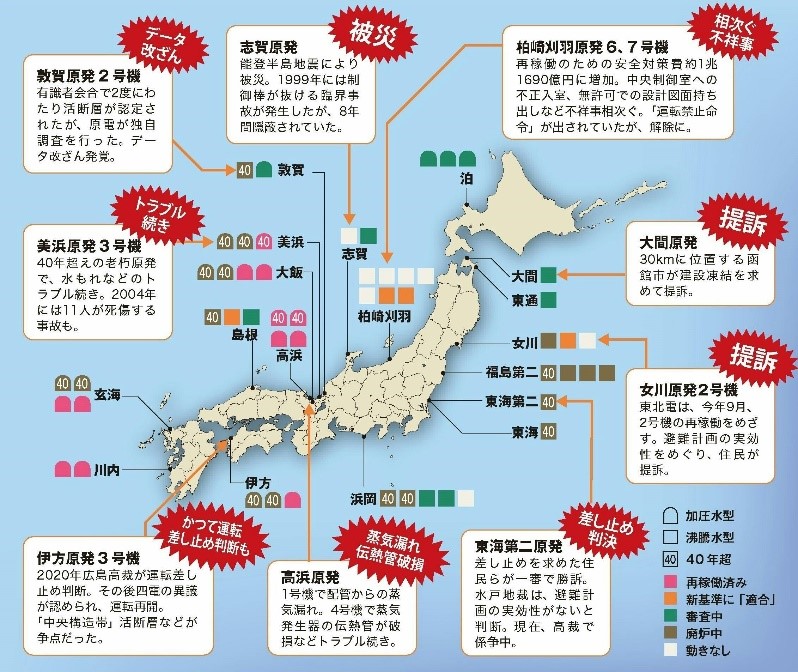
4. Current nuclear emergency preparedness plans will not protect residents in a nuclear accident!
The earthquake that hit the Noto Peninsula (on the Sea of Japan) on January 1, 2024, revealed that the current nuclear disaster response guidelines and the local government’s nuclear disaster prevention plans (evacuation plans) based on them are unrealistic. Many houses collapsed, roads were shattered and the ground was uplifted over a wide area. It was fortunate in the midst of the disaster that operations at the Shiga Nuclear Power Plant had been halted already for some long time. That prevented this from developing into a bigger incident involving serious radioactive leaks. FoE Japan, together with residents living near nuclear plants throughout Japan, have recommended that no nuclear plant be operating as long as it is clear that its nuclear emergency preparedness plan will not work in reality. Those plans are the last resort in protecting residents from radiation exposure in the event of an accident. We will continue to raise awareness about concrete issues and problem like these.
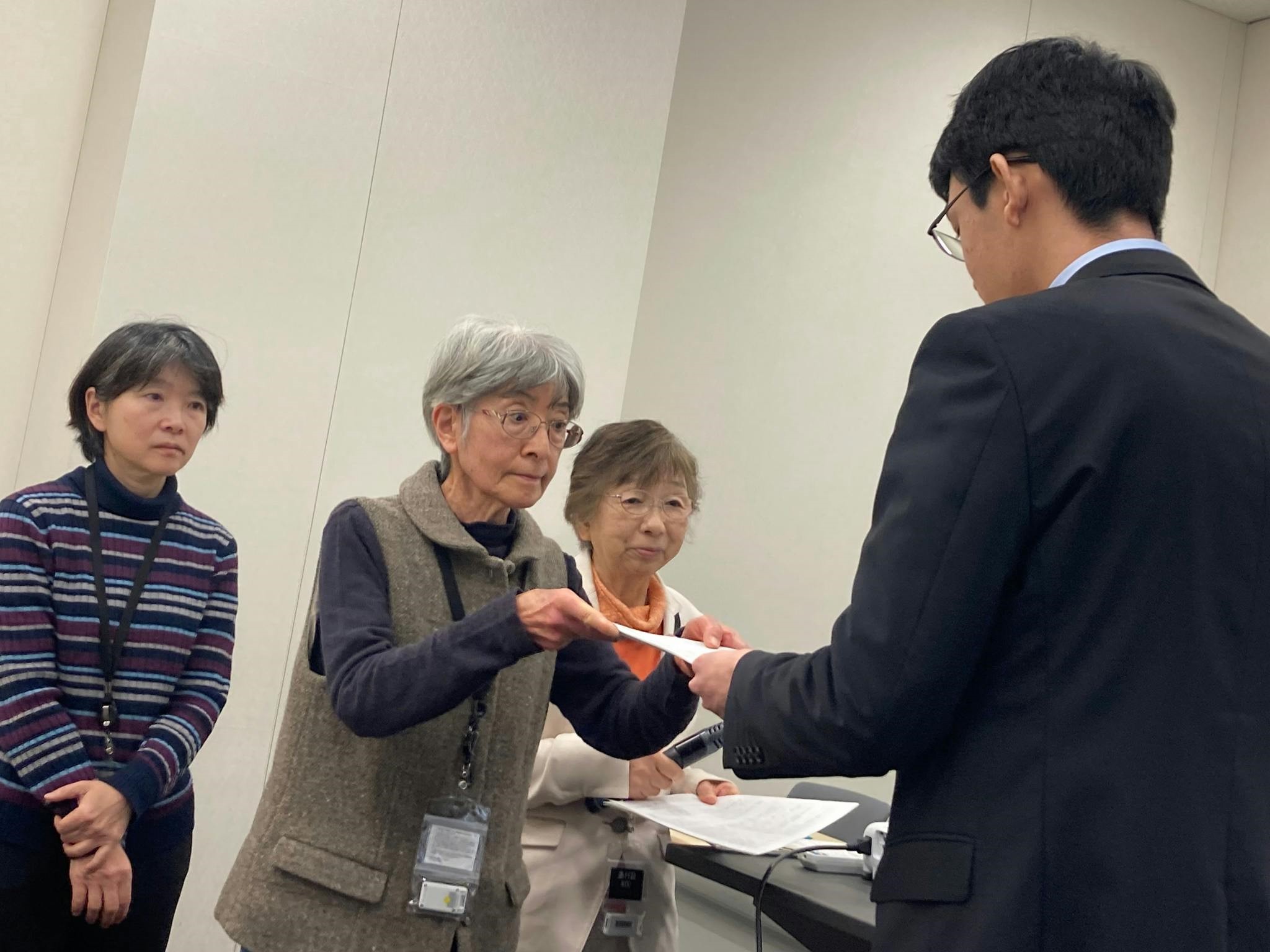
Photo: Together with Takako Nakagaki (Ishikawa Prefecture) and Yasue Ashihara (Shimane Prefecture), we submitted a petition to the Ministry of Economy, Trade and Industry
Endorsements
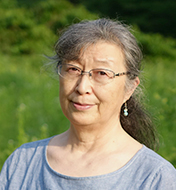
Ruiko Muto, resident of Miharu Town, Fukushima Prefecture
In the 13 years since the Fukushima nuclear power plant accident, FoE Japan has always been at the forefront of events that occur one after another, issuing statements, creating forums for negotiations with the government and TEPCO, and holding seminars and symposiums. They have also worked hard to create easy-to-understand videos with subtitles that are accessible to people overseas. This has become important knowledge for us, the Fukushima victims, and has helped us in negotiations and other situations. I sincerely support FoE Japan, and I hope they will continue to be active in the future.
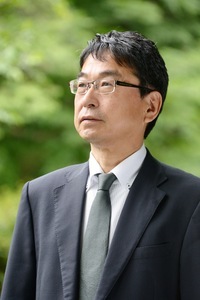
Kazuyoshi Sato, Nuclear Free Fukushima Network
Thirteen years have passed since the Fukushima Daiichi nuclear power plant accident. Not only has the “nuclear emergency declaration" not been lifted yet, but no one has taken responsibility for the accident. Many victims of the accident and disaster have not been helped: Even though recovery is only halfway done, the government and Tokyo Electric Power Company are forcing the dumping of contaminated water into the ocean, and accidents continue to occur among workers involved in accident cleanup work. In such a situation, everyone at FoE Japan has been working alongside the accident and disaster victims of Fukushima since immediately after the accident, and taken their side to help protect their lives and livelihoods. I support FoE Japan’s activities “Aiming for zero nuclear power! Campaign for a sustainable energy society."
Message from our Executive Director
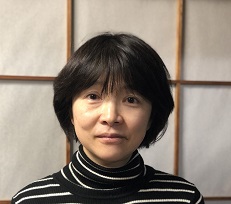
Kanna Mitsuta, Executive Director, FoE Japan
The Fukushima Daiichi nuclear plant accident has not ended. We are committed to continuing squarely facing this accident and the damage it has caused, taking the side of the victims, and engaging in activities to realize a truly sustainable society based on sustainable energy.
Towns and communities away from major urban centers and struggling with depopulation are targeted as sites for nuclear plants, and as candidates for interim storage and final nuclear waste disposal. The tensions create a great deal of conflict and division. The government offers subsidies to local communities under the guise of promoting regional development. But in reality, they are coercing local areas to accept hazardous facilities by dangling cash incentives in front of them. It’s a cruel tactic akin to slapping someone’s face with a wad of cash. Workers employed to bring the nuclear power plant and accident under control also bear the risk of exposure to radiation. Pollution and human rights violations also occur in places where uranium is mined.
In addition, nuclear power plants are expensive to build and maintain, and nuclear is now the most expensive source of electricity. Nuclear power cannot survive without government subsidies. In other words, our taxes are keeping nuclear power plants running.
On the other hand, the reality is that the forces behind maintaining and expanding nuclear power are very strong, whether it is because of vested interests or other reasons. Sometimes people may feel helpless because of overwhelming with those who hold power. But by connecting with caring people inside and outside of Japan, amplifying our voices together, and effectively presenting the facts, I am sure will can achieve our goals. I truly believe we can end nuclear power. Your support will help us tackle these challenges. We would really appreciate it!

